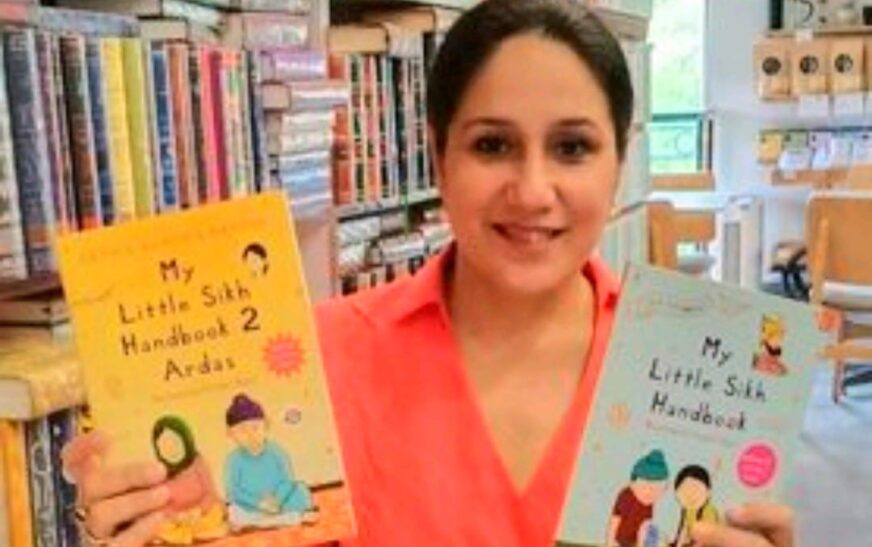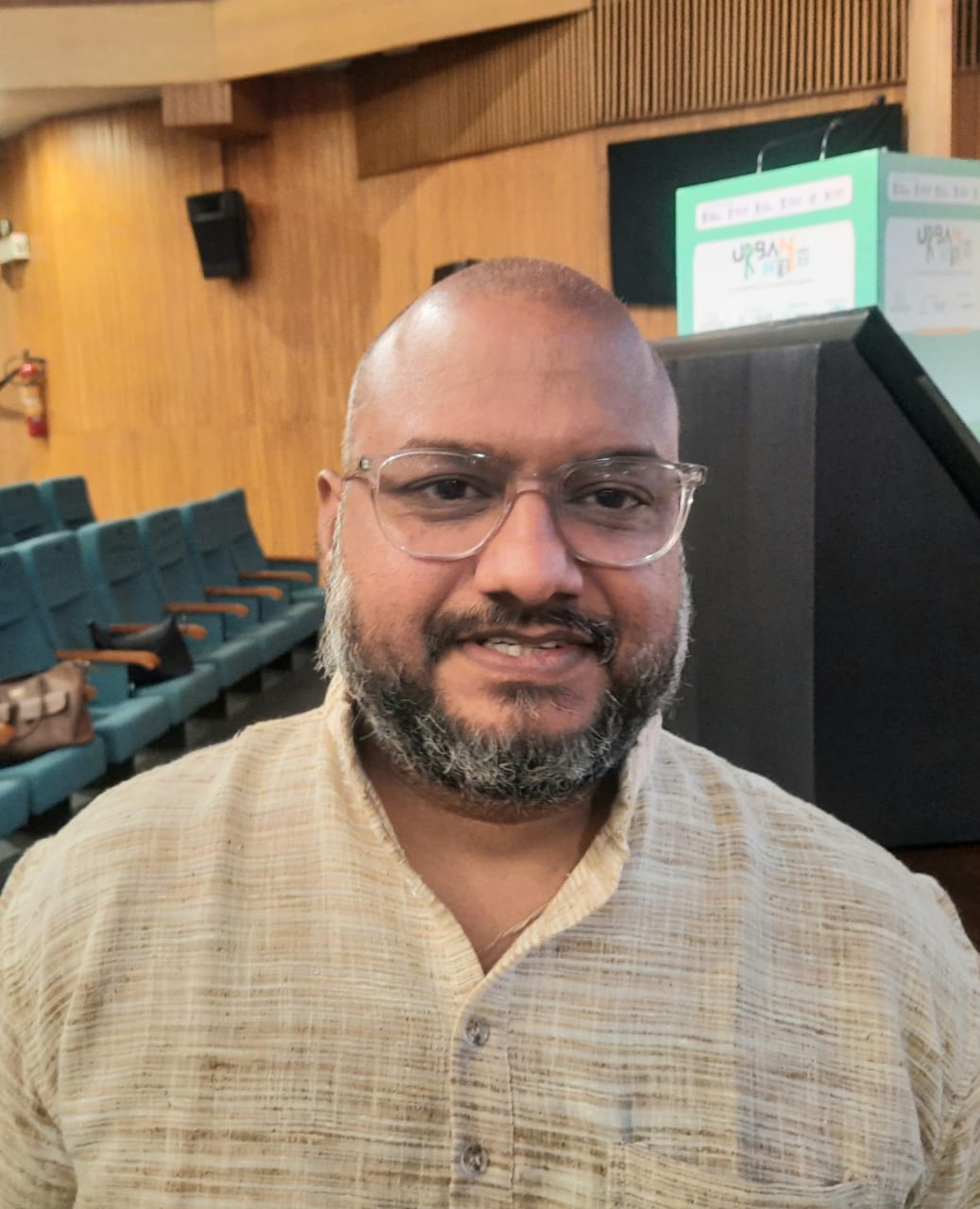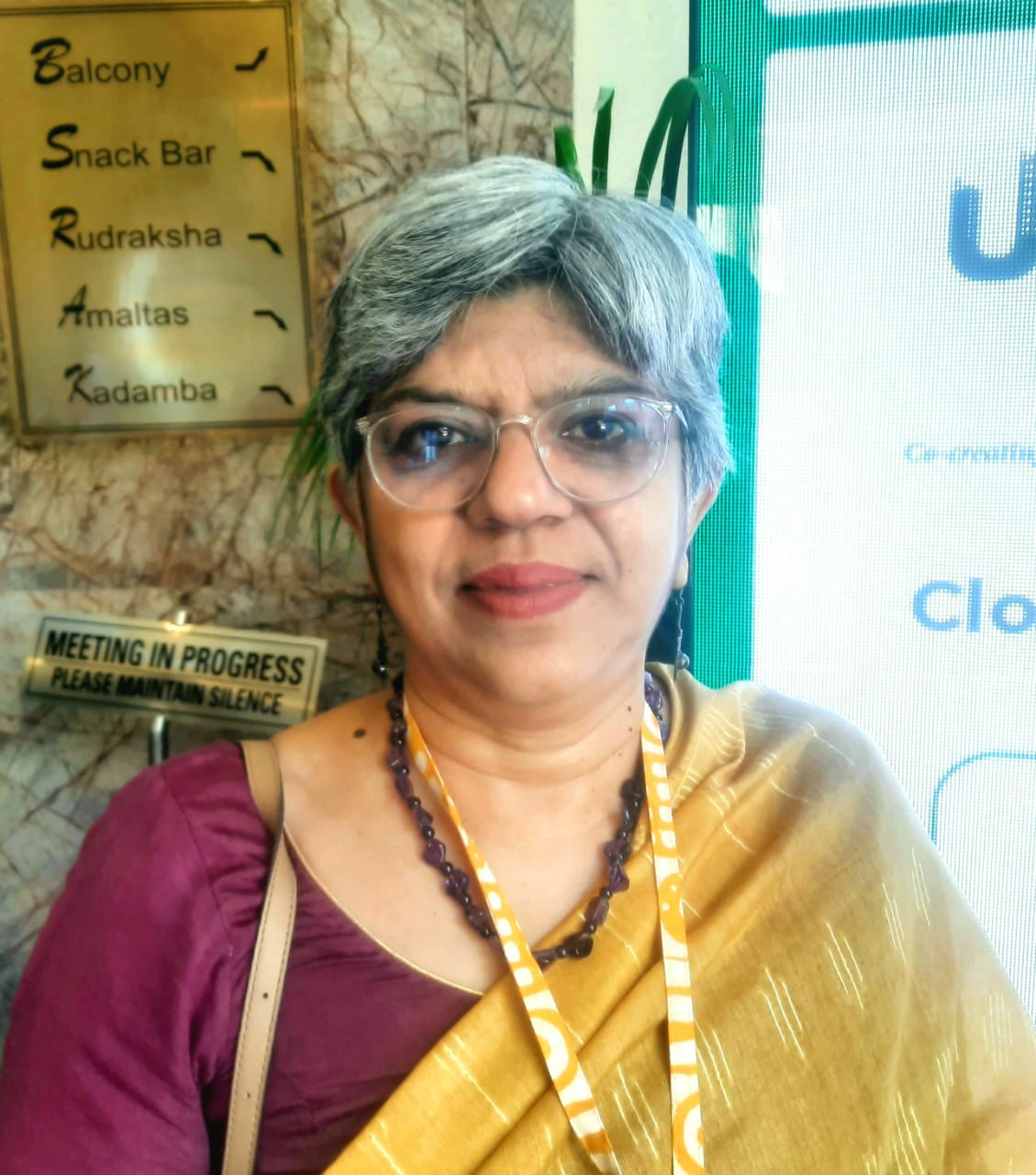Artika Aurora Bakshi is an accomplished writer and editor, well-known for moderating literary events and leading children’s workshops. Her work spans the literary and cultural landscapes of Punjab and its diaspora, captured in both print and digital media. Artika’s online short stories reflect her deep insights and passions, while her My Little Sikh Handbook series pays homage to her heritage. Her latest work, My Little Handbook of Feelings, published by The Brower, invites young readers to explore, understand, and express their emotions.
In an exclusive interview with The Interview World, Artika dives into the essence of My Little Handbook of Feelings, sharing the inspiration behind the book. Furthermore, she discusses children’s unique challenges in today’s fast-paced, tech-saturated world and explains how her book aims to help them navigate their feelings in such an environment. Artika also outlines her plans to extend the book’s reach globally. Here are the highlights from her compelling conversation.
Q: What inspired you to write My Little Handbook of Feelings, and what do you hope children and parents will take away from it?
A: Mindfully raised by my parents, I strive to instill those same values in my children. My Little Handbook of Feelings is my way of sharing this passion with readers worldwide. I hope parents, teachers, and caregivers see the importance of engaging in genuine conversations with children and validating their emotions.
Through my books, short stories, quotes, and feature articles, I celebrate my roots, weaving the spirit of Punjab into each piece. One of the characters in My Little Handbook series is a Sikh boy named Himmat, inspired by my younger son.
Q: Emotional literacy is becoming increasingly important in children’s development. Why do you think it’s essential for kids to understand and express their emotions?
A: The rising focus on children’s emotional wellbeing marks an encouraging development in how we approach growth and mental health. When children feel heard and their emotions are valued, they build a strong emotional foundation. This sense of validation fosters resilience, nurturing them into empowered, empathetic, and responsible global citizens ready to face the world.
Q: In today’s fast-paced and often stressful world, what unique challenges do children face in managing their emotions, and how does your book address these?
A: In today’s world, where instant gratification often prevails, teaching the value of pausing to understand one’s feelings has never been more essential. Helping children recognize that every emotion matters gives them a foundation to navigate challenges with resilience. Through support, mindful thinking, and conscious choices, they can better manage life’s ups and downs. My book is designed to foster these skills, offering children a space for introspection and meaningful discussion, which guides them toward thoughtful, mindful decisions that reinforce their emotional growth.
Q: Could you share some specific techniques or tools from the book that parents can use to support their children in expressing their feelings?
A: I believe open communication between parents and children is vital for helping children express their feelings. When parents encourage honest dialogue, they create a safe space for children to share openly, understand their emotions, and feel truly heard. This trust strengthens the bond, empowering children to express themselves with confidence and navigate their feelings with greater clarity.
Q: Creativity plays a big role in your approach to emotional literacy. How do you use storytelling, illustrations, or activities in the book to make understanding feelings engaging for young readers?
A: This approach has become my unique selling point—a tested method that works equally well for me as a parent and as a teacher. Children engage with relatable characters, and thanks to illustrator Priyankar Gupta and designer Bhavi Mehta, our books captivate visually. Rather than simply instructing, my method fosters dialogue and active engagement.
Writers have the freedom to explore any theme, yet aspects of ourselves—our heritage, likes, and dislikes—inevitably shine through in our work. It takes courage to dedicate months or even years to a creation and then share it with the world. Praise and encouragement come, but so does criticism; not everyone will connect with a writer’s vision. Still, that must not deter us from expressing ourselves. Without books and stories, the world would be a far less vibrant place.
Q: What advice would you give to parents who struggle to connect with their children’s emotions or find it difficult to create an open space for emotional discussions at home?
A: Drawing from my experiences with my children, now young independent men, I strongly advise treating your children as equals. Actively listening to them and seeking to understand their thought processes has honed my parenting skills. This approach fosters a deeper connection and creates a safer, happier home environment for everyone.
Q: How do children navigate their emotional feelings in a world replete with gadgets and the onslaught of social media channels?
A: I firmly believe that when used thoughtfully, social media and technology can significantly enhance a child’s holistic development. However, it is essential to monitor both the content and usage, ensuring they facilitate positive interactions between adults and children.
Although I still cherish the tactile experience of physical books, I recognize the value of digital platforms. They make stories more accessible and enrich the reading experience. With so many options available, it’s impossible not to feel excited about exploring new worlds as we turn the pages. Furthermore, sharing our favorite stories with others deepens our connections and fosters a love for reading within our communities.
Q: Looking ahead, do you have plans to expand on this topic or create additional resources for children and parents?
A: There is great enthusiasm surrounding My Little Handbook of Feelings, and I am currently finalizing workshops in India and Sri Lanka that will explore the book’s concepts. My publisher, The Brower, is dedicated to ensuring the book reaches a global audience, bringing its benefits to children everywhere. Meanwhile, I am already in the planning stages of my next project.










1 Comment
Excellent blog here Also your website loads up very fast What web host are you using Can I get your affiliate link to your host I wish my web site loaded up as quickly as yours lol
Comments are closed.